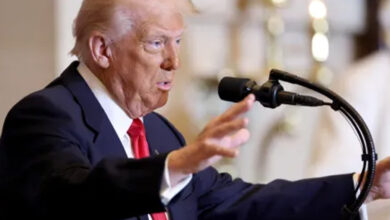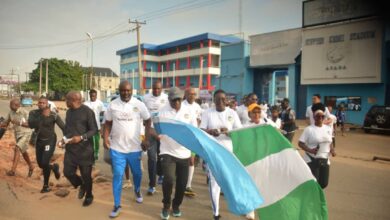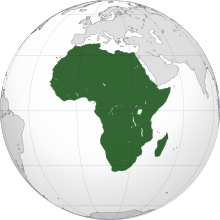CAN compiling names of institutions preventing Christian worship gathering week days, Sundays
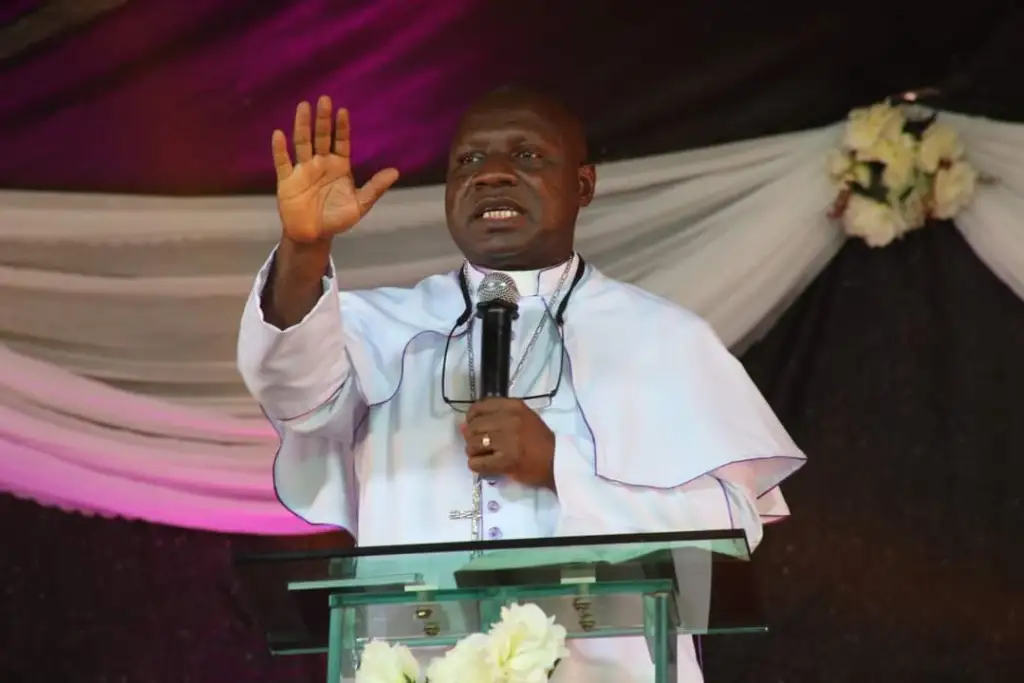
*MURIC, other groups’ cries of many years about deprivations by CAN
*Why problems connected to religion, ethnicity linger
By KEMI KASUMU

“Maybe it is our approach to tackling problems emanating from these two realities of religion and ethnicity that we haven’t overcome challenges posed by their adherents. Effectively managing diversity is best way to go. It is said that achieving peace situation in diversity is not the absence of conflicts but how well those conflicts are managed. But to deny religion and ethnicity is to prolong solution.”
The Christian Association of Nigeria (CAN) headquarters has directed all its zonal and state chairmen across the country to submit names of institutions that prevent Christians from gathering to worship during the week days and on Sundays.
The CAN, which only Wednesday August 10 was just speaking to the Nigerian press to make fresh news that had been in the global media landscape since July 1, 2022 about the outcome of June 28-30 International Religious Freedom Summit 2022 in Washington D.C., made the latest directives to its branches saying it was about to take position on what it called the “discriminatory policy” without mentioning of whom?
In a letter titled, “REQUEST FOR SUMISSION OF NAMES OF INSTITUTIONS THAT PREVENT CHRISTIAN WORSHIP”, addressed to All CAN Zonal and State Chairmen, signed by Barr. Daramola Joseph Bade, CAN General Secretary, and dated 9th of August, 2022, the Christian Association of Nigeria said:
“I have been directed to write to all Zonal and State Chairmen of the Association to kindly submit all names of public institutions in their states, on or before 19th August 2022, where Christians are being prevented from having a chapel, a place where they can gather to pray or worship during the week days and Sundays.
“The CAN’s Headquarters is about to take a stand on the discriminatory policy,” the letter said.
Nigeria, as a multi-religious society without a specified state religion, has two major religions namely Islam and Christianity recognised and respected because religion is undebatable reality as a way of life and duty to the creator.
Where Islam has Qur’an, which dictates five times daily prayers including Friday’s Juma’at worship compulsory worship periods, as proof of its connectivity with the creator and divine attestation, Christianity has the Bible, which states only Sundays as compulsory period for worship gathering. The Adventist, however, chooses Saturdays but is a section of Christianity that has not reared its head in any religious controversy in the country.
The CAN letter below:
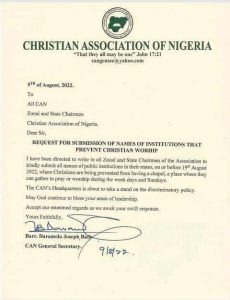
MURIC’s cries caused by CAN
CAN’s letter was coming years after the Muslim Rights Concern (MURIC) and many other Muslim groups have been making similar cries of how its (CAN’s) members who head public institutions, particularly in South West Nigeria, have it point of evangelizing that Muslims either convert to Christianity or face hardship if not conspiracy to lose job or not be able to get employment.
The cries have also included how it claimed those religious elements in control of public institutions in the region make life difficult for Muslims to be able to perform the parts of their compulsory five times daily prayers that fall within the working hours and even went ahead to demolish their make-ship mosques or deny the Muslims spaces they use to perform the prayers on the premises of those institutions, just like it said where CAN members find themselves in charge of authority, Muslims become targets of deprivation and attacks except they have to fight in terms of protests or legal battles to be given their right.
It was gathered that up till the time of filing this report on Friday August 12, 2022, Lagos State Government was yet to issue circular to those who should implement the judgement of Court of Appeal and now ruling of Supreme Court of Nigeria, the highest court in Nigeria, which approved the use of hijab for Muslim female students in public schools across Lagos State and by implication across the country.
This, our findings showed, was because Christian Association of Nigeria was blocking the verdicts of the courts from being implemented.
A list of questions sent to the CAN headquarters, through the email of its General Secretary, for its reactions to this and several other allegations was yet to be responded to as at the time of filing this report.
Why problems connected to religion, ethnicity linger
In the meantime, it has been said that problems associated with religion and ethnicity linger in Nigeria because of wrong approach to tackling them.
In a Facebook post approved as publishable by The DEFENDER on Friday, a sincere comment saying, “I want to know which role religion or ethnicity plays in electricity supply”, was responded to. And the response said:
“Maybe it is our approach to tackling problems emanating from these two realities of religion and ethnicity that we haven’t overcome challenges posed by their adherents. Effectively managing diversity is best way to go. It is said that peace situation in diversity is not the absence conflicts but how well those conflicts are managed. But to deny religion and ethnicity is to prolong solution. And we have a Constitution that already sets a balance but you have a set of people, who just want to infringe on the rights of others to their religious practice. This is where the problem lies and we have law enforcers. Good morning Nigeria!” It said.


